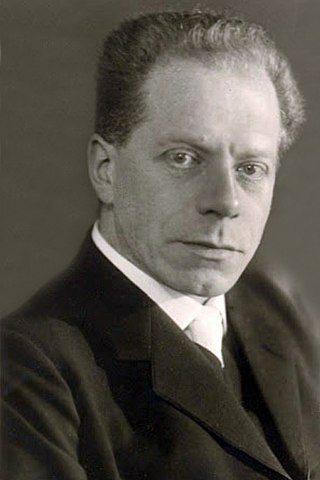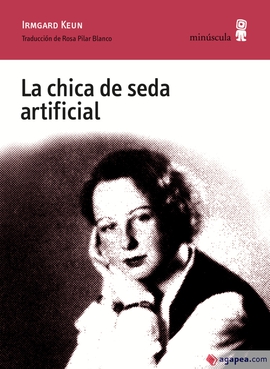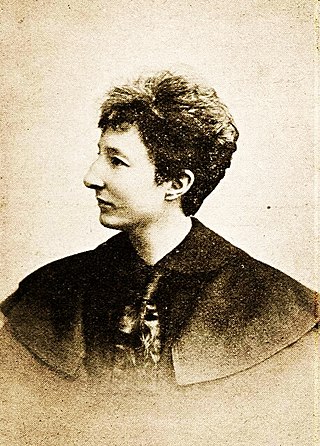Related Research Articles

Leonard Nelson, sometimes spelt Leonhard, was a German mathematician, critical philosopher, and socialist. He was part of the neo-Friesian school of neo-Kantianism and a friend of the mathematician David Hilbert. He devised the Grelling–Nelson paradox in 1908 and the related idea of autological words with Kurt Grelling.

Irmgard Keun was a German novelist. Noted for her portrayals of the life of women, she is described as "often reduced to the bold sexuality of her writing, [yet] a significant author of the late Weimar period and die Neue Sachlichkeit." She was born into an affluent family and was given the autonomy to explore her passions. After her attempts at acting ended at the age of 16, Keun began working as a writer after years of working in Hamburg and Greifswald. Her books were banned by Nazi authorities but gained recognition during the final years of her life.

Adolf Reichwein was a German educator, economist, and cultural policymaker for the SPD, who resisted the policies of Nazi Germany.
Marieluise Fleißer was a German writer and playwright, most commonly associated with the aesthetic movement and style of Neue Sachlichkeit, or New Objectivity.

Gustav von Wangenheim was a German actor, screenwriter and director.

Elisabeth Friederike Rotten was a Quaker peace activist and educational progressive.
Otto Friedrich Bollnow was a German philosopher and teacher.
The Internationaler Sozialistischer Kampfbund or ISK was a socialist split-off from the SPD during the Weimar Republic and was active in the German Resistance against Nazism.
Minna Specht was a German educator, socialist and member of the German Resistance. She was one of the founders of the Internationaler Sozialistischer Kampfbund.

Anita Theodora Johanna Sophie Augspurg was a German jurist, actress, writer, activist of the radical feminist movement and a pacifist.
Alma Stephanie Wittlin, Alma S. Wittlin, was an Austrian writer. Her surname also appears as Wittlin-Frischauer.
Karin Flaake is a German sociologist and professor (retired) at the Carl von Ossietzky University Oldenburg. Her publications on the adolescence of young women and men are part of the literature of socio-psychologically oriented gender research. Another focus of her work is on the chances of changing gender relations in families.

Eva Rieger is a German musicologist. Rieger specialized in the social and cultural history of women in music. Together with the German-Swiss patron Mariann Steegmann, Rieger founded the Mariann-Steegmann-Foundation, which is dedicated to the advancement of women in music and the arts. In 2012, she was appointed Honorary Senator of the Hochschule für Musik und Theater Hamburg.

Harry Weibel is a German historian. His main topics are neo-Nazism, right-wing extremism and antisemitism in the GDR and racism in Germany from 1945 to the present.
Gabriele Fritsch-Vivié is a German theatre studies schlolar, playwright and journalist. A member of the working group "Women in Exile", she focuses on biographies of political repression in the first half of the 20th century.
Hildegard Feidel-Mertz was a German educational researcher.
Irene Below is a German woman art historian.
Beate Schmeichel-Falkenberg, real name Beate Hartung was a German teacher and author.
Maria Kublitz-Kramer is a German literary scholar and was a lecturer at the Oberstufen-Kolleg Bielefeld.

Margaret Leischner RDI was a British-German textile designer and educator. A former student at the Bauhaus, she was named Royal Designer for Industry (RDI) in 1969.
References
- ↑ Minna Specht - eine Sozialistin in der Landerziehungsheimbewegung (1918 bis 1951) : Untersuchung zur pädagogischen Biographie einer Reformpädagogin on WorldCat
- ↑ Inge Hansen Schaberg, at the University of Göttingen, 2009
- ↑ Inge Hansen-Schaberg at Arco Verlag
- ↑ Kulturelle Einrichtungen, at Stadt Rotenburg (Wümme), retrieved 16 November 2020